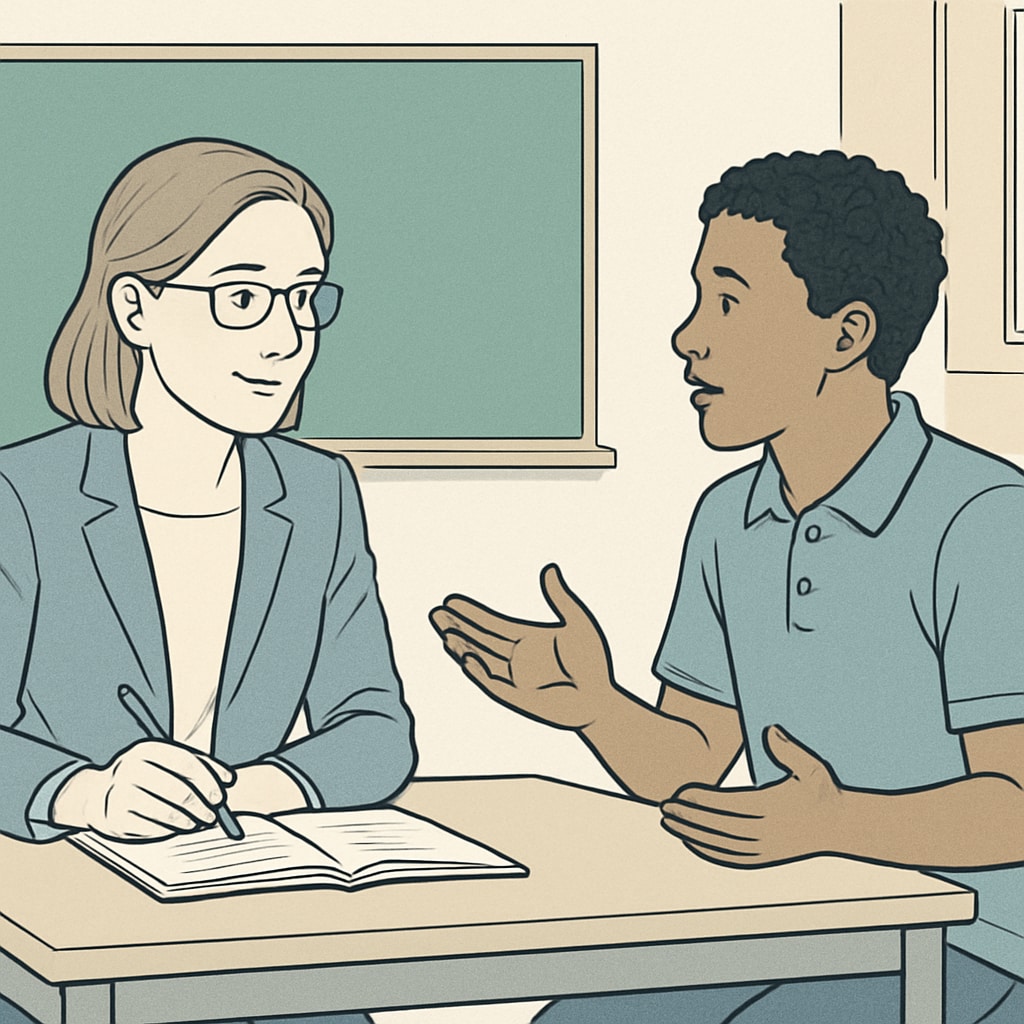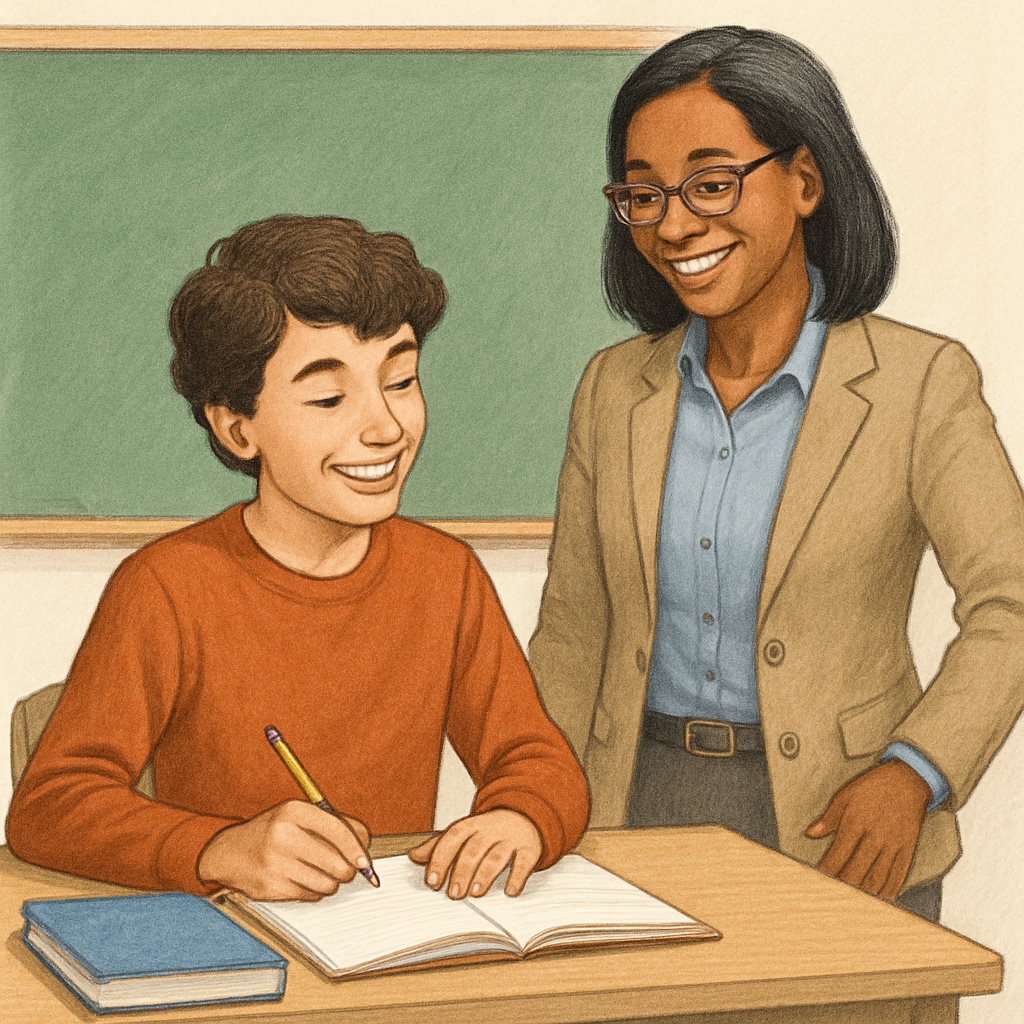In education, moments of genuine connection between students and teachers can leave lasting impressions. When students express gratitude, such as saying, “Thank you for truly listening to me,” it underscores the importance of respect in education. By valuing and respecting students’ perspectives, educators not only foster learning but also empower students to believe in themselves and their potential.
Why Respect Matters in Education
Respect is a cornerstone of effective teaching. When educators listen to and acknowledge their students’ viewpoints, it creates an environment of trust and openness. For example, a teacher who takes the time to understand a student’s unique challenges or aspirations demonstrates respect in action. This approach builds stronger relationships and motivates students to engage more deeply in their education.

According to studies on emotional intelligence in education, students who feel respected are more likely to perform well academically and develop social skills. Respectful interactions can inspire students to share their ideas, ask questions, and challenge themselves. By listening actively, educators help students feel valued, which, in turn, nurtures their confidence.
A Heartfelt Story of Gratitude
Consider the story of Mr. Adams, a high school teacher known for his patient and empathetic approach. One day, a student named Julia stayed after class to thank him. She said, “Thank you for truly listening to me. It means so much that you took my ideas seriously.” Julia had struggled for years with self-doubt, often feeling her thoughts were overlooked. Mr. Adams had provided a safe space for her to share her opinions during a recent class debate, encouraging her to speak up and express herself.

This small yet profound interaction transformed Julia’s attitude toward learning. As a result, she began participating more actively in class discussions and excelling academically. Mr. Adams’ respect for her perspective catalyzed her confidence and enthusiasm. Stories like Julia’s remind us of the transformative power of respect in education.
How Teachers Can Foster Respect
Educators can create a respectful environment by incorporating the following practices:
- Active Listening: Pay attention to students’ words without interrupting or dismissing their viewpoints.
- Empathy: Understand their challenges and show genuine care for their well-being.
- Feedback: Provide constructive feedback that encourages growth rather than focusing solely on mistakes.
- Inclusion: Ensure every student feels welcome to contribute their ideas in discussions or group activities.
By implementing these strategies, teachers can strengthen their relationships with students and create a positive learning atmosphere.
The Long-Term Impact of Respect
Respect in education has lasting effects beyond the classroom. Students who experience respect from their teachers often carry this sense of self-worth into adulthood. They are more likely to pursue ambitious goals, communicate effectively, and build positive relationships in their personal and professional lives.
Furthermore, respectful teaching nurtures a culture of empathy and mutual understanding. When students witness respect in action, they are more likely to practice it themselves, fostering a ripple effect of kindness and collaboration.
As educators, embracing respect as a fundamental principle can shape not only individual lives but also the broader educational community. The simple act of listening and valuing students’ perspectives can create profound and lasting change.


